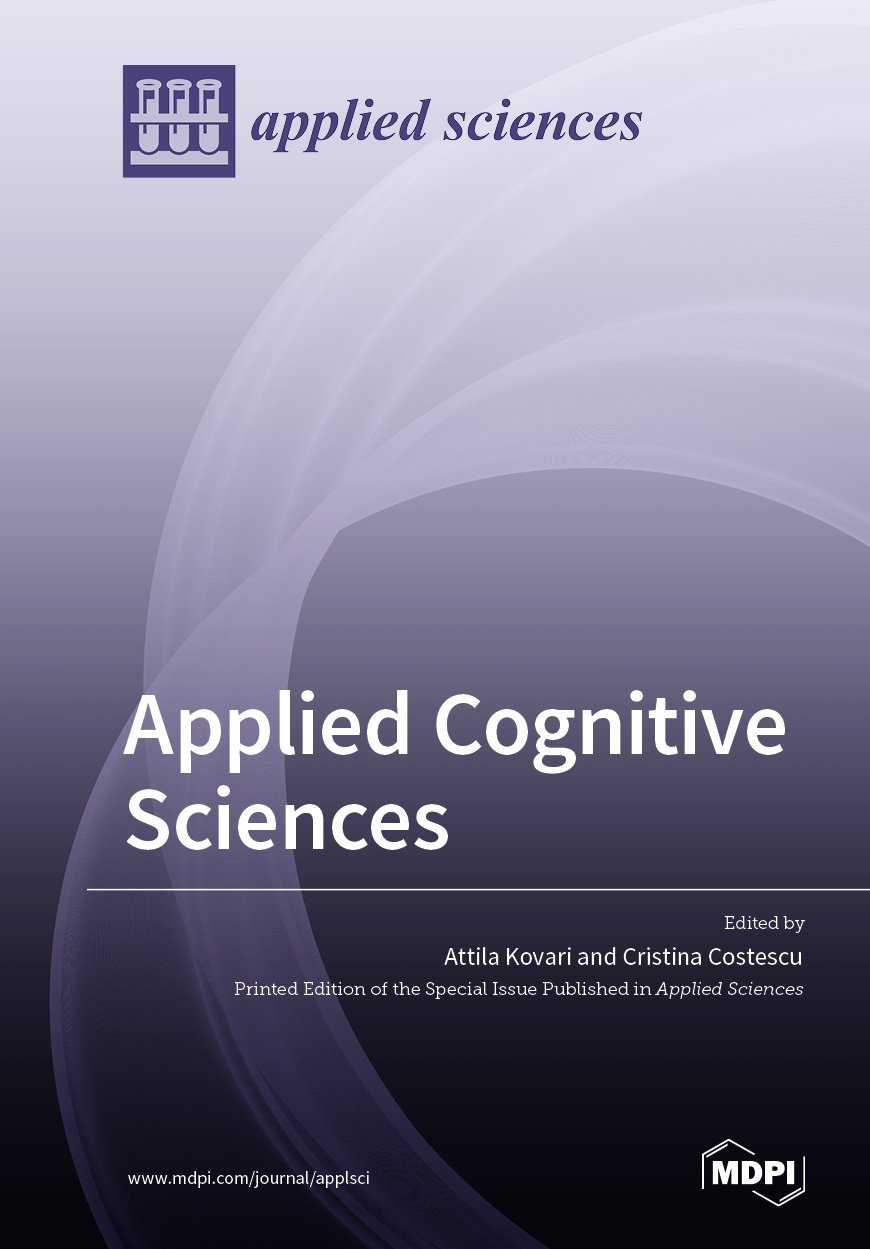Improved Indoor Positioning Model Based on UWB/IMU Tight Combination with Double-Loop Cumulative Error Estimation
IF 2.5
4区 综合性期刊
Q2 CHEMISTRY, MULTIDISCIPLINARY
引用次数: 0
Abstract
With the increasing applications of UWB indoor positioning technologies in industrial areas, to further enhance the positioning precision, the UWB/IMU combination method (UICM) has been considered as one of the most effective solutions to reduce non-line-of-sight (NLOS) errors. However, most conversional UICMs suffer from a high probability of positioning failure due to uncontrollable and cumulative errors from inertial measuring units (IMU). Hence, to address this issue, we improved the extended Kalman filter (EKF) algorithm of an indoor positioning model based on UWB/IMU tight combination with a double-loop error self-correction. Compared with conventional UICMs, this improved model consists of new modules for fixing time desynchronization, optimizing the threshold setting for UWB ranging, data fusion in NLOS, and double-loop error estimation, sequentially. Further, systematic error controllability analysis proved that the proposed model could satisfy the controllability of UWB indoor positioning systems. To validate this improved UICM, inevitable obstacles and atmospheric interferences were regarded as Gaussian white noises to verify its environmental adaptability. Finally, the experimental results showed that this proposed model outperformed the state-of-the-art UWB-based positioning models with a maximum deviation of 0.232 m (reduced by 83.93% compared to a pure UWB model and 43.14% compared to the conventional UWB/IMU model) and standard deviation of 0.09981 m (reduced by 88.35% compared to a pure UWB model and 22.21% compared to the conventional UWB-IMU model).基于UWB/IMU紧密组合和双环累积误差估计的改进室内定位模型
随着UWB室内定位技术在工业领域的应用越来越多,为了进一步提高定位精度,UWB/IMU组合方法(UICM)被认为是减少非视距(NLOS)误差的最有效解决方案之一。然而,由于惯性测量单元(IMU)的不可控和累积误差,大多数转换UICM的定位失败概率很高。因此,为了解决这个问题,我们改进了基于UWB/IMU紧密组合和双环误差自校正的室内定位模型的扩展卡尔曼滤波器(EKF)算法。与传统的UICM相比,该改进模型依次由用于固定时间去同步、优化UWB测距阈值设置、NLOS中的数据融合和双环误差估计的新模块组成。系统误差可控性分析表明,该模型能够满足UWB室内定位系统的可控性要求。为了验证这种改进的UICM,将不可避免的障碍物和大气干扰视为高斯白噪声,以验证其环境适应性。最后实验结果表明,该模型的最大偏差为0.232m(与纯UWB模型相比减少了83.93%。
本文章由计算机程序翻译,如有差异,请以英文原文为准。
求助全文
约1分钟内获得全文
求助全文
来源期刊

Applied Sciences-Basel
CHEMISTRY, MULTIDISCIPLINARYMATERIALS SCIE-MATERIALS SCIENCE, MULTIDISCIPLINARY
CiteScore
5.30
自引率
11.10%
发文量
10882
期刊介绍:
Applied Sciences (ISSN 2076-3417) provides an advanced forum on all aspects of applied natural sciences. It publishes reviews, research papers and communications. Our aim is to encourage scientists to publish their experimental and theoretical results in as much detail as possible. There is no restriction on the length of the papers. The full experimental details must be provided so that the results can be reproduced. Electronic files and software regarding the full details of the calculation or experimental procedure, if unable to be published in a normal way, can be deposited as supplementary electronic material.
 求助内容:
求助内容: 应助结果提醒方式:
应助结果提醒方式:


